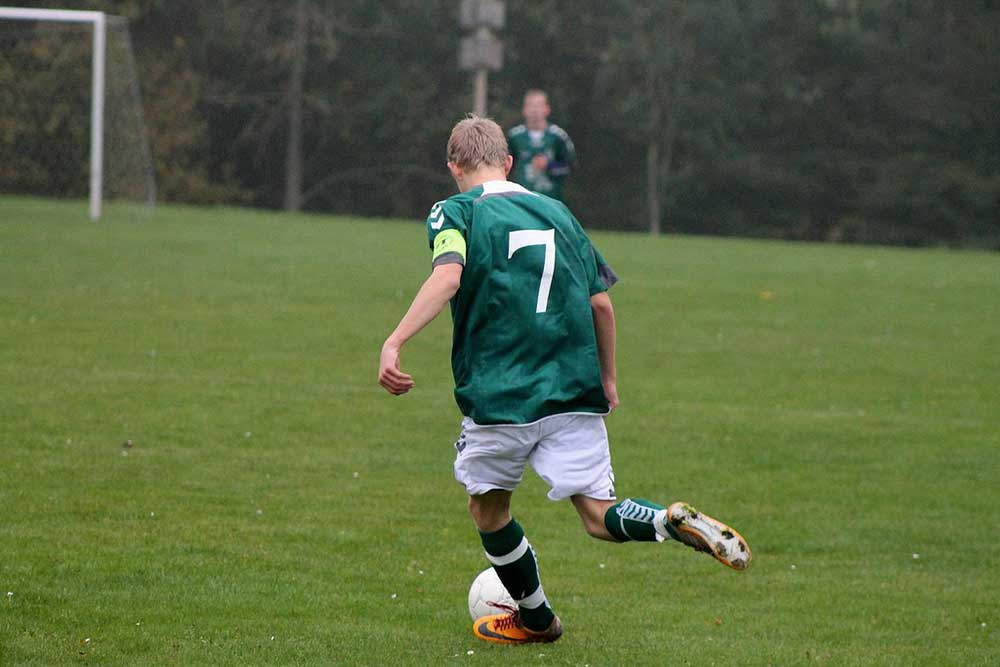The Art of Building A Strong Culture
Learning to build a culture is an art, and you can master building a culture if you are willing to invest the time and energy. The practice of any art, whether it’s music, carpentry, or athletics, requires four practices: First is discipline. To become good at something, you must undertake it in a disciplined way. Anything you do only if “you’re in the mood,” may be a nice hobby, but you’ll never become a master at it.
The second practice is concentration. Paradoxically, what you need to concentrate on to build a culture – which is about connection to others – is self-reflection: connection with yourself. If you want a better culture where you live or work start by developing a mediation practice or a practice of mindfulness. Make it a daily discipline to go inside and listen to your needs, desires, and values. Make time for a spiritual discipline to pray, or create a community of people around you to share your life with, or simply take time to think and reflect. Make any one of these practices a concentrated discipline, and you will see a significant change in your culture in a matter of weeks.
The third practice is patience. Anyone who has ever tried to master an art knows that patience is necessary to achieve anything. Patience is difficult in a society that demands instant gratification and speed, but without patience and perseverance, mastery remains illusive. To build a culture we must be patient with ourselves and with others. There is no prescription or quick fix to a better culture. An apprentice in carpentry must learn to be patient while learning to plane wood. A piano student begins by practicing scales. The apprentice in the art of culture learns by being still and listening to the voice inside and then learning to overcome self-centeredness, realizing that building a better culture begins with building a better you.
A fourth practice is that you must make it a priority in your life. When you make culture – the environment and key relationships in your life – a priority and then create concentrated practices around connecting with yourself and others while maintaining patience, you won’t just have a better culture, a better environment to live and work in. You’ll have a better life.
What practices do you incorporate into your life and how does these practices impact the environments where you live and work?









